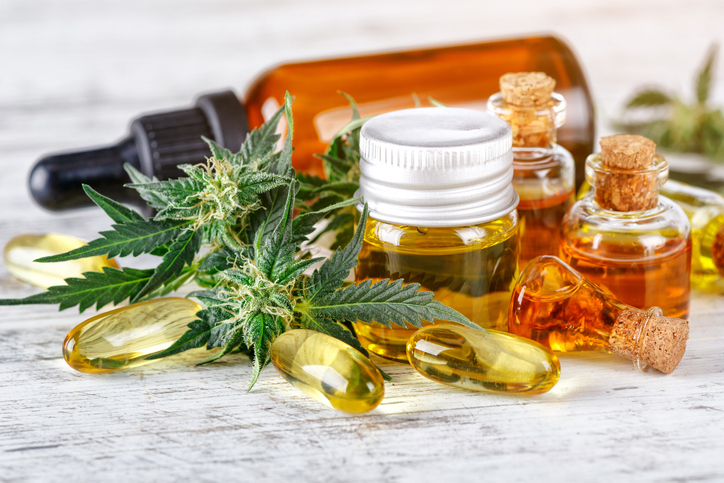The legalization of cannabis in Ontario has been linked to a significant increase in emergency room visits among seniors, according to a new study published in JAMA Internal Medicine. The study, led by Dr. Nathan Stall, a geriatric specialist at Sinai Health in Toronto, highlights a worrying trend: older adults are increasingly being admitted to emergency rooms for cannabis poisoning.
Understanding the Data
The study examined ER visit data over an eight-year period, encompassing three distinct phases: the pre-legalization period (early 2015 to October 2018), the initial legalization phase with dried cannabis sales, and the post-legalization period following the introduction of edibles in January 2020. The findings are stark:
- Pre-legalization: The rate of ER visits for cannabis-related issues among older adults was 5.8 per 100,000.
- Post-legalization of dried cannabis: This rate increased to 15.4 per 100,000.
- Post-legalization of edibles: The rate further rose to 21.1 per 100,000.
These figures suggest a significant correlation between the legalization of cannabis and the rise in ER visits due to cannabis poisoning among seniors.
The Hidden Dangers of Cannabis Poisoning
Dr. Stall emphasizes that these ER visits are not due to mild side effects like feeling too high or giddy. Instead, seniors are presenting with severe symptoms that can mimic other serious health conditions such as stroke, serious infections, and metabolic abnormalities. Without knowing that these patients have consumed cannabis, healthcare practitioners might initially consider these more severe conditions.
Factors Contributing to the Increase
Several factors may contribute to the rise in cannabis-related ER visits among seniors:
- Lack of Awareness: Many older adults might not be fully aware of how cannabis, especially edibles, affects the body differently from smoking. The delayed effects of edibles can lead to “dose stacking,” where individuals consume multiple doses before the initial dose takes effect, leading to severe intoxication.
- Drug Interactions: Seniors often take multiple medications, and the interaction between these drugs and cannabis can result in unintended and potentially dangerous side effects. As The Oldish has said repeatedly, everything that goes into your mouth interacts with everything else you put into your mouth so being aware of what you’re taking and why is crucial.
- Physiological Changes: Age-related changes in body fat composition can affect how cannabis is metabolized, potentially leading to prolonged effects and higher toxicity.
The Role of Edibles
The study points out that the legalization of edibles just before the COVID-19 pandemic might have influenced the data. During the lockdowns, some people may have avoided visiting ERs, potentially underreporting the actual impact. Edibles, such as THC-infused gummies and chocolates, have been particularly problematic due to their appealing appearance and delayed onset of effects.
Implications for Public Health
The findings from this study underscore the need for improved education and awareness about cannabis use, particularly among older adults. Public health campaigns should aim to provide clear information on the safe consumption of cannabis, especially edibles. While this study suggests that cannabis packaging should include dosage guidelines tailored to older adults to prevent accidental overdoses, The Oldish feels it is more prudent to discuss medicinal cannabis with your healthcare team or pharmacist to ensure that unintended interactions are proactively eliminated. Cannabis advocate and specialist in the development of cannabis treatment protocols, Mara Gordon, has often spoken of the challenges and importance of proper dosing and joined us for a video podcast which can be watched here.
Healthcare providers play a crucial role. They need to be prepared to have open, non-judgmental conversations with older patients about cannabis use. Understanding that many seniors are turning to cannabis for various reasons, including pain management and recreational use, is essential for providing comprehensive care.
The legalization of cannabis has brought to light several public health challenges, particularly for older adults. The significant rise in ER visits for cannabis poisoning among seniors in Ontario is a concerning trend that calls for immediate action. By improving education, adjusting public health messaging, and ensuring healthcare providers are informed and supportive, we can mitigate the risks associated with cannabis use among seniors and promote safer consumption practices.






Add Your Voice
0 Comments
Join the Discussion